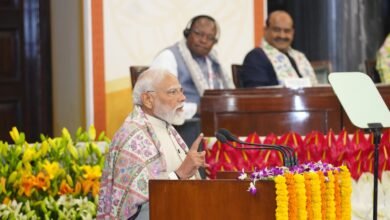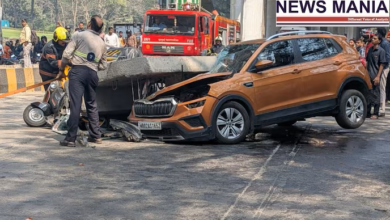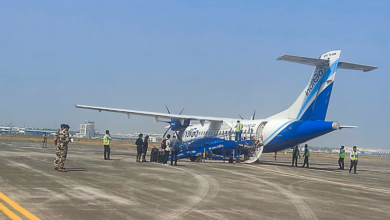
News Mania / Agnibeena Ghosh/7th May 2024
As the Supreme Court convened to hear Delhi Chief Minister Arvind Kejriwal’s plea against his arrest in the alleged liquor policy scam, pivotal questions were posed to the Enforcement Directorate (ED), prompting a crucial examination of the investigative process and the fundamental rights of the accused.
One of the central inquiries raised by the court pertained to the selective nature of the ED’s actions, questioning whether evidence pointing towards both guilt and innocence was adequately considered. Justice Dipankar Datta emphasized the importance of striking a balance between these two aspects, highlighting the need to uphold an individual’s right to life. He underscored the gravity of excluding relevant evidence, cautioning against any administrative bias that could potentially deprive individuals of their fundamental rights.
Furthermore, the court scrutinized the timing and efficiency of the ED’s investigation, particularly in relation to its action against the “political executive,” including the Chief Minister and his party. Expressing concern over the two-year delay in initiating proceedings, the court sought clarification on the prolonged duration and the subsequent implications for the trial process. Additional Solicitor General SV Raju, representing the ED, faced scrutiny regarding the agency’s failure to question Mr. Kejriwal earlier in the investigation, raising suspicions of procedural lapses and possible prejudice.
Mr. Raju defended the ED’s approach, citing the complexities of the investigative process and the necessity for thorough examination before taking decisive action. He emphasized the significance of corroborating evidence and the time required to ascertain the veracity of statements, thereby justifying the delay in addressing specific allegations against Mr. Kejriwal.
The court’s engagement with the ED’s handling of witness statements and the absence of exonerating evidence against Mr. Kejriwal provided further insight into the ongoing legal battle. Mr. Raju’s assertion regarding the lack of statements absolving the AAP leader aimed to counter arguments challenging the legitimacy of the charges. However, Mr. Kejriwal’s legal team highlighted the chronological context of the evidence, emphasizing that all incriminating materials predated 2023, raising questions about the relevance and timing of the allegations.
In previous hearings, the court hinted at the possibility of granting temporary bail to Mr. Kejriwal to facilitate his participation in the ongoing Lok Sabha election campaign. Recognizing the exigency of the electoral process and the potential impact of prolonged legal proceedings, the court signaled its readiness to consider bail arrangements, demonstrating a pragmatic approach to balancing legal proceedings with political obligations.
The impending Lok Sabha elections in Delhi added urgency to the proceedings, with all seven seats slated for polls on May 25. Against this backdrop, the court’s willingness to expedite deliberations and explore avenues for temporary relief underscored the significance of Mr. Kejriwal’s participation in the electoral process.
In conclusion, the Supreme Court’s interrogation of the Enforcement Directorate’s actions and the scrutiny of procedural irregularities in Mr. Kejriwal’s case underscored the judiciary’s commitment to upholding constitutional rights and ensuring fair legal proceedings. As the legal battle unfolds, the court’s deliberations will continue to shape the trajectory of the case, reflecting broader implications for the intersection of law, politics, and governance in India.






